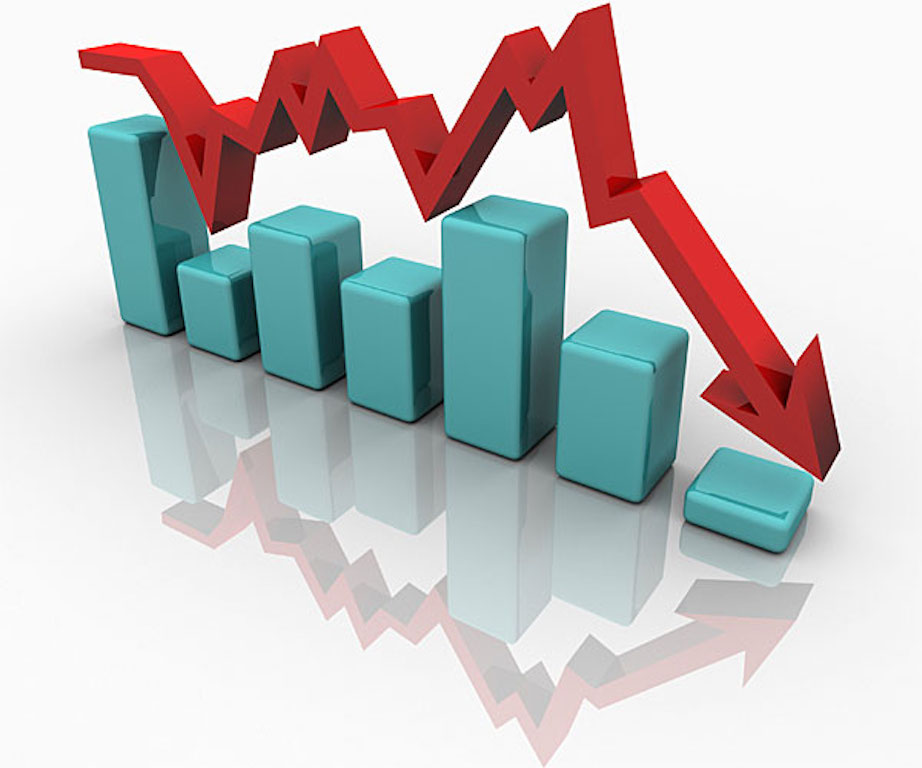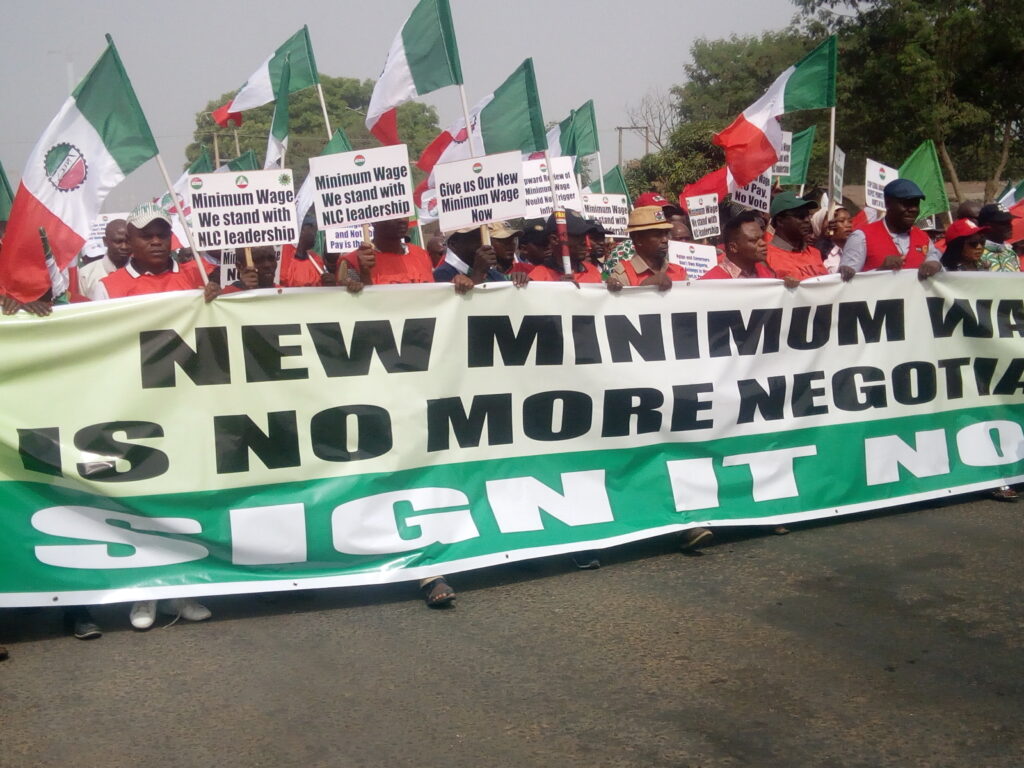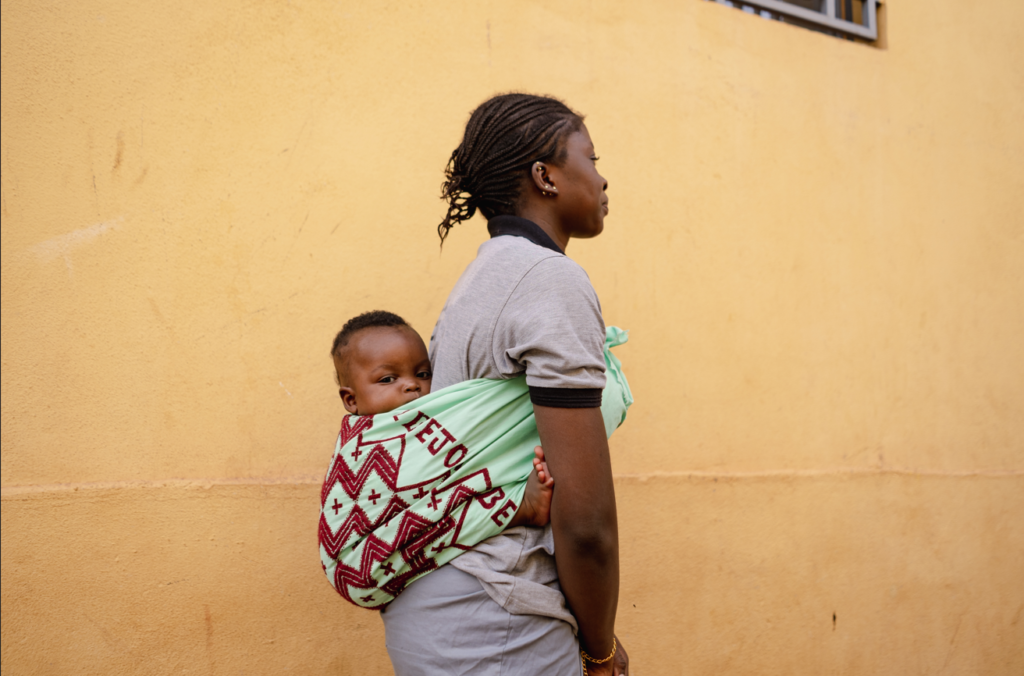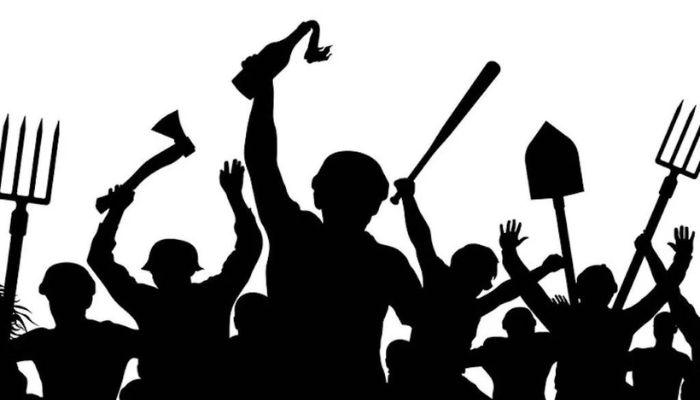Many individuals in Nigeria live in poverty due to the country’s poor economic performance, insecurity and other socio-political issues. Insecurity and poverty are some of Nigeria’s most pressing development challenges, and recent economic reforms could potentially negatively impact the abovementioned challenges. The subsidy removal and unstable foreign exchange crisis have resulted in Nigerians facing a pressing and burdensome challenge: an alarming surge in the cost of living. The free fall of the naira has affected security, housing, transportation and food, with the dollar rates moving from ₦700 to $1 in May 2023 to ₦1500 to $1 in February 2024. The compounding factors of inflation, unemployment, and currency devaluation have all contributed to this dire and alarming high cost of living. The ripple effects of removing fuel subsidies and unifying the naira’s multiple exchange rates remain pervasive.
Drawing from the frustration-aggression theory, the rising poverty levels tend to heighten tensions amongst the most affected, creating a sense of frustration leading to aggression. According to this theory, proposed by Dollard (1939), frustration often leads to aggression. This frustration-aggression in the Nigerian context would be followed by increased criminal activities from unemployment and the inability to meet particular basic needs. In states such as Niger and Adamawa, incidents of food looting have been reported, further exemplifying the grim consequences of the economic downturn. Hungry and impoverished citizens resort to desperate measures, often resulting in widespread social unrest. The looting incidents in these states serve as a stark reminder of the adverse effects of economic hardship on the social fabric of Nigeria.
Another result of the economic hardship is the repeated arrests of drug traffickers across Nigeria. Despite a pre-existing problem of illicit drug trafficking, arrests at the international airports in Abuja, Lagos and along various routes and ports within the country have increasingly made headlines. As people struggle to make ends meet, the allure of the illicit drug trade becomes appealing for those seeking quick financial gains and inadvertently ushering in the accompanying violence that comes with the drug trade.
Nigeria can draw valuable lessons from countries that have faced similar economic challenges resulting in increased crime rates and social unrest. A country such as Venezuela has witnessed economic hardship that has ushered heightened criminal activities. Years of hyperinflation, rampant corruption, economic mismanagement, and a lack of economic diversification have taken a heavy toll on Venezuela. The country has been impacted by social and political unrest, leading to protests and violence that contribute to a pervasive sense of national insecurity. By studying their experiences, Nigeria can implement strategies to prevent the country from descending into complete anarchy.
Therefore, the reality remains that despite the good intentions of these economic policies, there is increased pervasive poverty as a result. The intertwining of poverty and insecurity poses a formidable challenge to Nigeria’s stability and prosperity. Under President Tinubu’s leadership, the worsening of poverty has heightened existing vulnerabilities, paving the way for increased insecurity across the nation. Thus, the Nigerian government should prioritise addressing how fiscal and monetary policies affect employment, prices and productivity to reduce the number of people pushed below the poverty line. Also, by learning from the experiences of nations that have faced similar challenges, Nigeria can undertake essential economic reforms, bolster law enforcement efforts, establish social safety nets, and prioritise youth empowerment.



